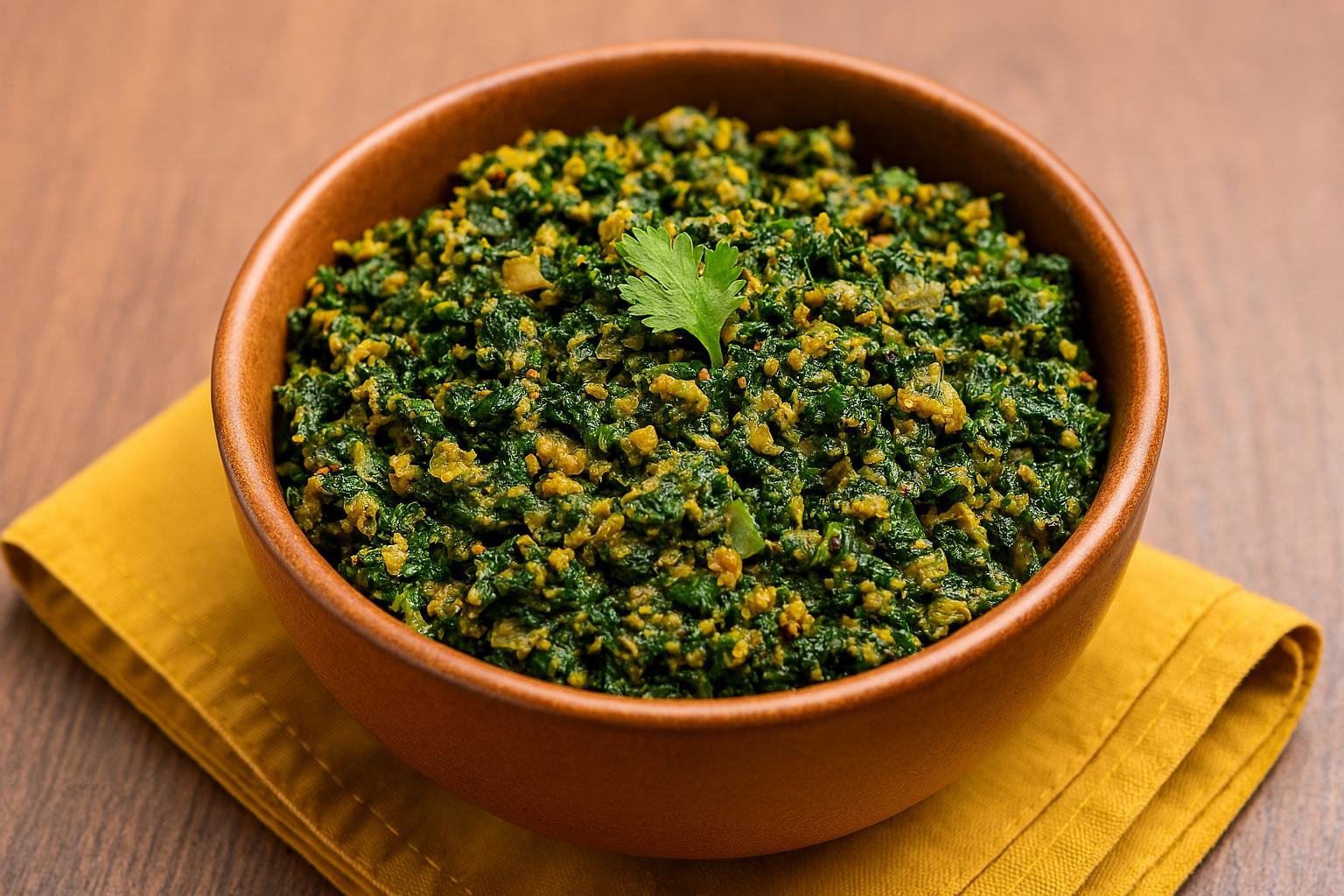Pregnant women are advised to be very careful about their diet. Certain foods are said to be a strict no for expectant mothers and nutritionists and health experts always advise pregnant women to omit these foods and drinks from their diets, lest their harm their babies in some way. This is why during pregnancy a healthy meal plan should ideally be in place to ensure health of the mother and the baby. A new study has pointed towards the harmful effects of consuming potato chips and vegetable oil during pregnancy. The study warns mothers about the side-effects of consuming too much of these two foods, saying that such a diet may increase risk of complications during pregnancy and may even hamper development of the baby. However, it's the reason behind this warning that's a shocker- omega 6 fatty acids.
Researchers have said excessive presence of omega 6 fats, particularly linoleic acid, in pregnancy diet may result in increased inflammation and in the mother's body and may even increase the risk of heart diseases. The results of the study were published in The Journal of Physiology and they said that consuming linoleic acid that equaled three times the safe consumption limit, was harmful for mothers during pregnancy term. The study was conducted on rats and it was observed that pregnant rodents who consumed diets rich in linoleic acid had high concentrations of inflammatory proteins in their livers.
Additionally, they also had high concentrations of a protein which could induce contractions in the uterus during pregnancy, as well as low levels of a hormone which is important for regulating growth and development of the baby. Human diets rich in linoleic acid, also tend to be rich in fats, sugar and salt, said the researchers. Study lead author Deanne Skelly, Professor at Griffith University in Australia said in an IANS report, "It is important for pregnant women to consider their diet, and our research is yet another example that potentially consuming too much of a certain type of nutrient can have a negative impact on the growing baby."
(This content including advice provides generic information only. It is in no way a substitute for qualified medical opinion. Always consult a specialist or your own doctor for more information. NDTV does not claim responsibility for this information.)







